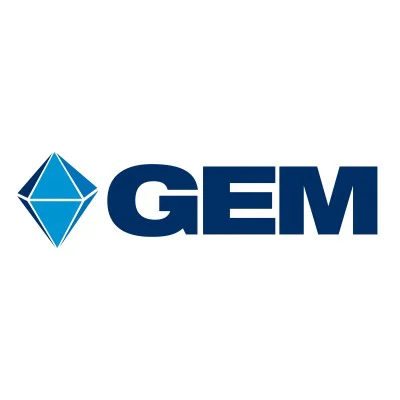System Engineering

Axiom Software Solutions Limited
Summary
Join our team as a System Engineer and work remotely from anywhere in the United States. Automate infrastructure delivery using configuration orchestration and management solutions like Ansible, Puppet, and Terraform. You will leverage your understanding of coding practices and scripting languages such as PowerShell, Python, or UNIX Shell Scripting. Experience with OS hardening, templating deployments, and Linux and Windows systems engineering principles is essential. You will also implement Java application servers and compute virtualization using VMware and Pure Storage. Ideally, you will have experience with middleware solutions, DevOps principles, software engineering in Java, containerization (Kubernetes, OpenShift), and service catalog automation. Incident triage skills are also needed.
Requirements
- Understanding of coding practices and developing in a preferred scripting language (e.g. PowerShell, Python, UNIX Shell Scripting)
- Experience with Operating System hardening practices as well as methodologies for templating deployments from a set of standardized images
- Linux and Windows systems engineering principles
Responsibilities
- Automate infrastructure delivery with configuration orchestration and management solutions (e.g. Ansible, Puppet, Terraform)
- Java application server (e.g. JBOSS EAP, Tomcat) implementation
- Compute virtualization for both in-house developed and commercial off the shelf software leveraging VMware’s technology stack and converged storage solutions utilizing Pure Storage
- Implementation of service catalog automation for delivery of infrastructure services
- Incident triage including scope determination, impact assessment and service restoration
Preferred Qualifications
- Middleware solutions (e.g. IBM MQ, Kafka, Confluent)
- DevOps principles and CI/CD solutions (e.g. GitLab, Jenkins)
- Software engineering with an emphasis on Java software development
- Containerization of applications, preferably with an emphasis towards Kubernetes, specifically OpenShift









